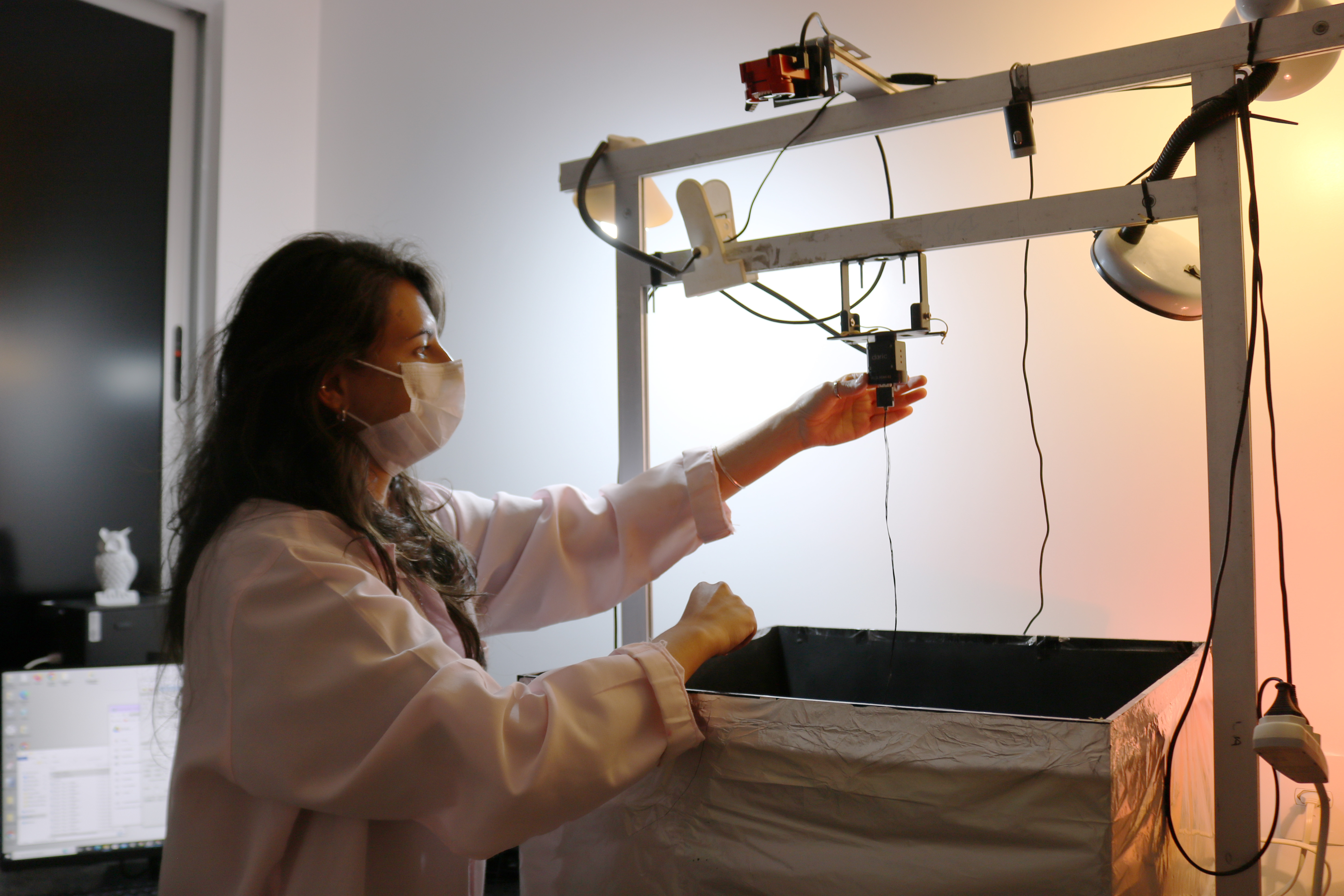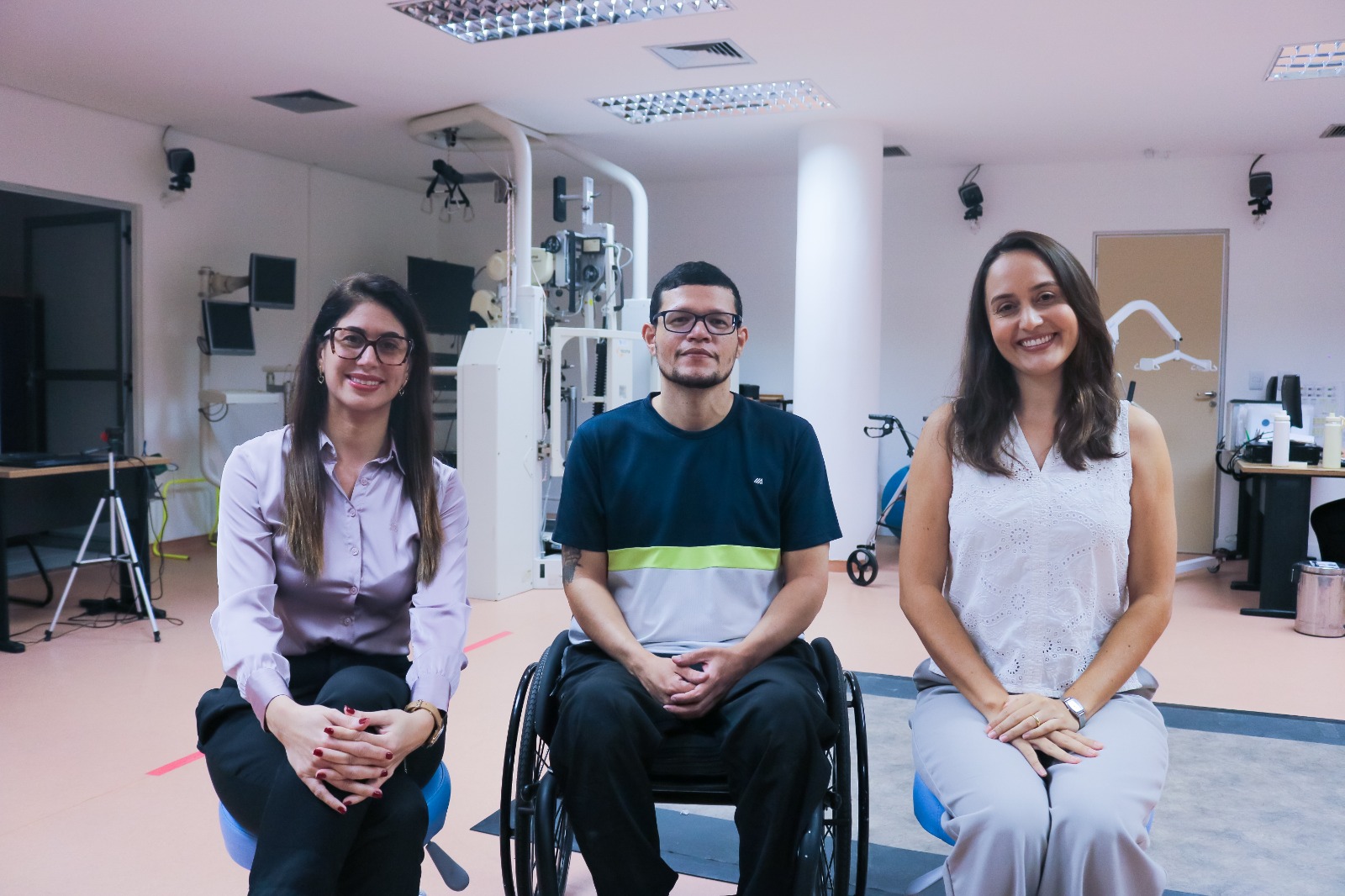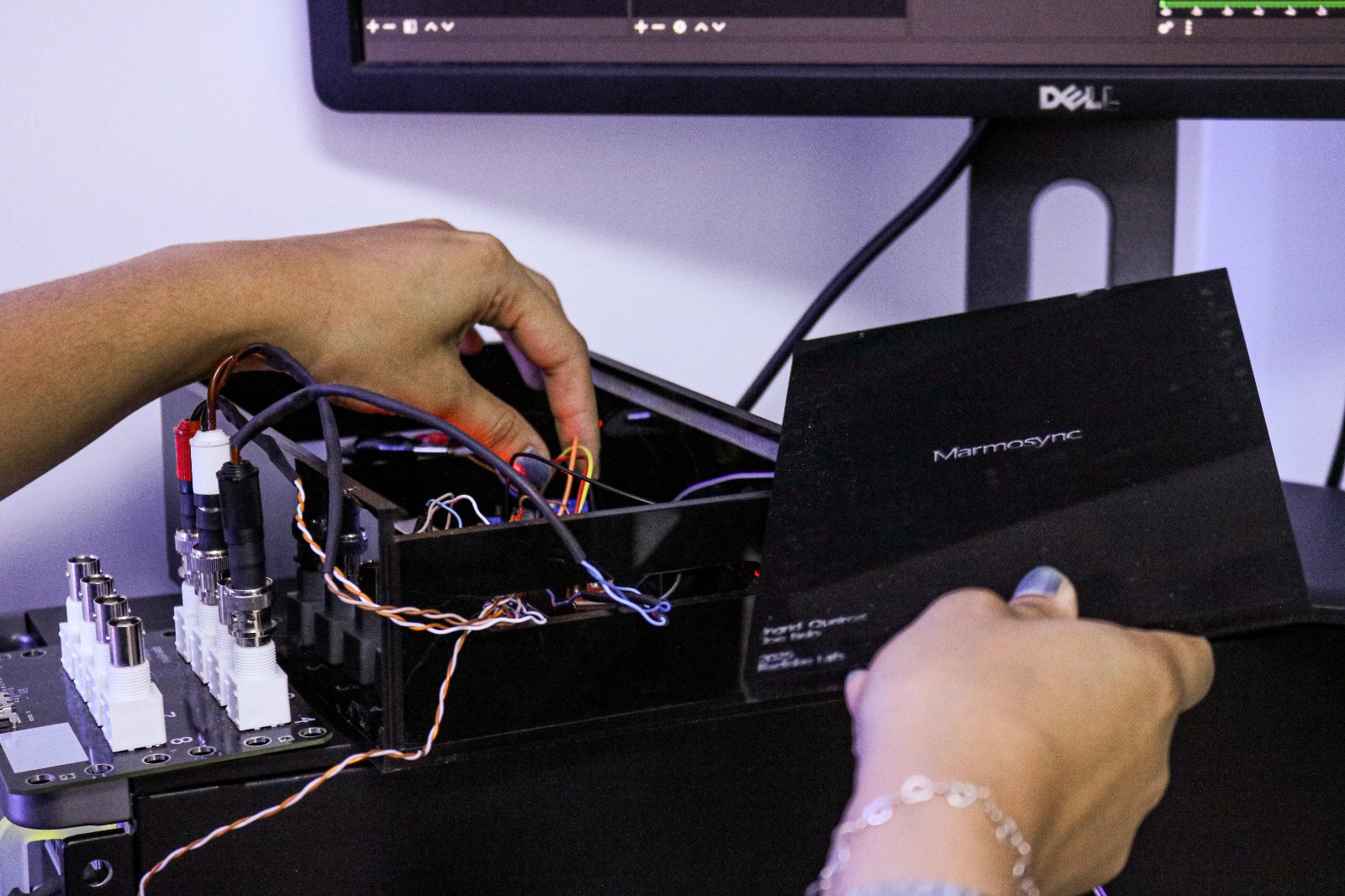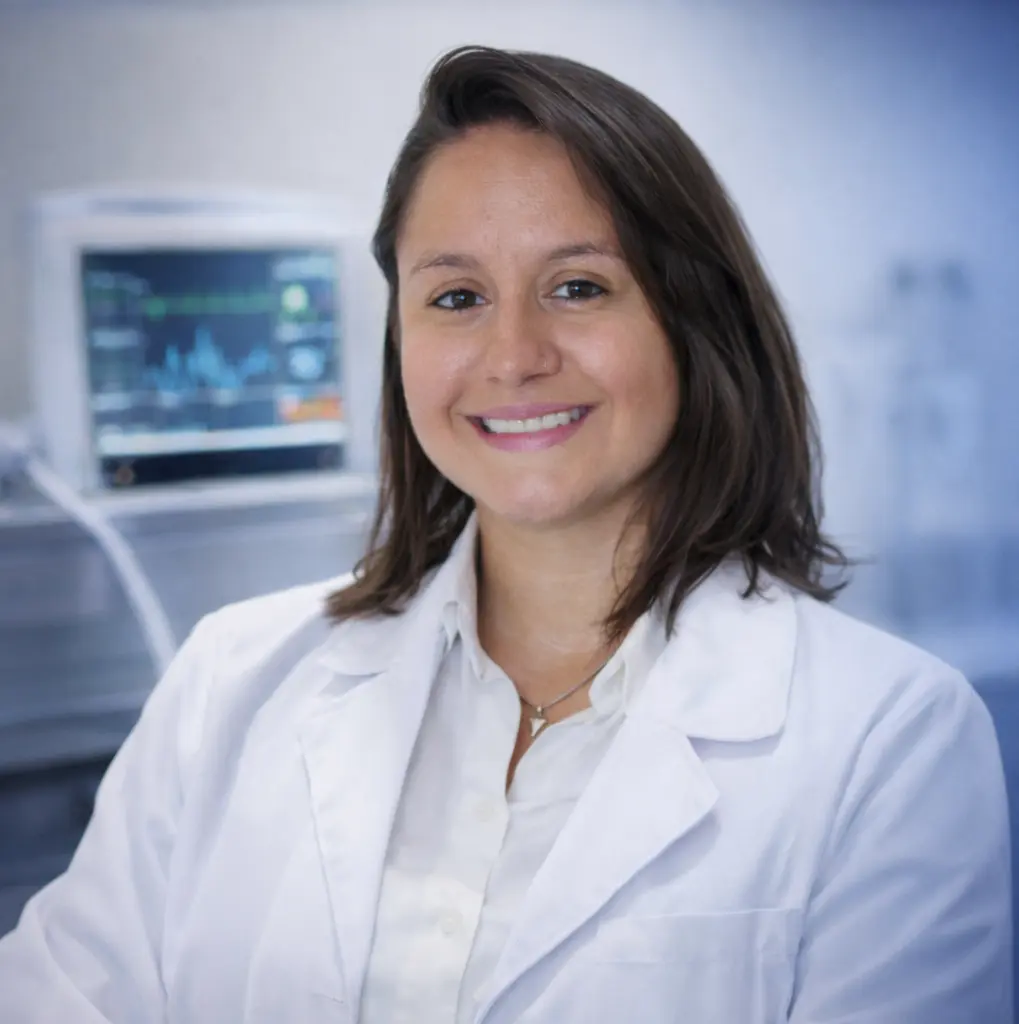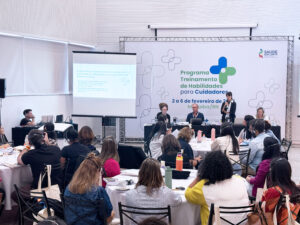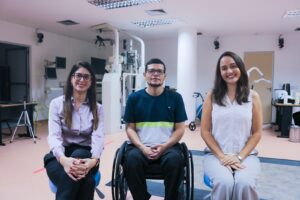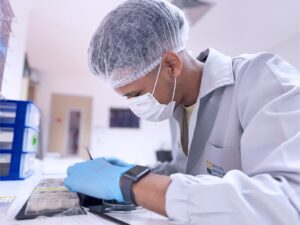Research professor at Instituto Santos Dumont (ISD), Andressa Radiske, won the Early Career Award 2022 from International Brain Research Organization (IBRO) [“International Organization for Brain Research”, in free translation]. IBRO is an international organization that aims to support research in the field of neurosciences. Annually, the award is given to outstanding young scientists who are independently starting their careers as researchers. More than 130 candidates from around the world apply annually for the award, from which only an average of 15 are selected. The winner is awarded funding of 5 thousand euros to promote scientific research.
To compete for the award, the candidate must submit their research proposal and report the scientific articles published in the last 3 years. The proposal and curriculum are evaluated by a judging panel made up of international members, who decide the winner. This is the second time that an ISD researcher has been awarded the Early Career Award. “More than winning an award, it is very important to see that the work we are doing here, in Rio Grande do Norte, has gained this international projection and recognition”, highlights Andressa.
The scientist, who is a biomedical doctor by training, developed research at the Brain Institute of the Federal University of Rio Grande do Norte (UFRN) under the guidance of professor Martín Cammarota. During this period she studied the molecular and electrophysiological mechanisms involved in the formation, modification and persistence of recognition and aversive memories motivated by fear, which are related to issues such as phobias and trauma, a topic she continues to study at ISD.
“This research aims to help understand why memories related to traumas, phobias and compulsions are resistant to modification and less responsive to pharmacological and psychotherapeutic treatments”, explains the researcher. Born in Rio Grande do Sul, Andressa has dedicated herself to the study of memories since 2007, when she was still an undergraduate.
Basic research
The type of research developed by Andressa is known as basic research. In this field, scientists usually seek to understand fundamental processes involved in the functioning of the organism.
“It is a type of research that seeks to answer fundamental questions. For example: how does our brain store memories? Throughout the search for these answers, the accumulated knowledge will generate new concepts and theories that may not be immediately applied in the clinic, but which will serve as a basis for the scientific development of different areas of applied sciences”, says the researcher.
Who
Andressa Radiske has a Bachelor's degree in Biomedicine, a Master's degree in Medicine and Health Sciences with an emphasis on Neurosciences and a PhD in Biomedical Gerontology from the Pontifical Catholic University of Rio Grande do Sul (PUC-RS). She carried out post-doctoral research at the Memory Research Laboratory at the Federal University of Rio Grande do Norte (UFRN), and works as a research professor at the Santos Dumont Institute (ISD), in Macaíba (RN).
Text: Mariana Ceci / Ascom – ISD
Photograph: Mariana Ceci / Ascom – ISD
Communication Office
comunicacao@isd.org.br
(84) 99416-1880
Santos Dumont Institute (ISD)
It is a Social Organization linked to the Ministry of Education (MEC) and includes the Edmond and Lily Safra International Institute of Neurosciences and the Anita Garibaldi Health Education and Research Center, both in Macaíba. ISD's mission is to promote education for life, forming citizens through integrated teaching, research and extension actions, in addition to contributing to a fairer and more humane transformation of Brazilian social reality.



